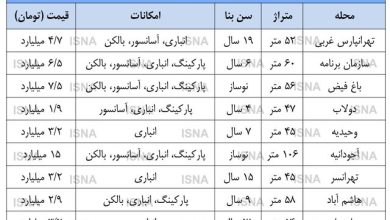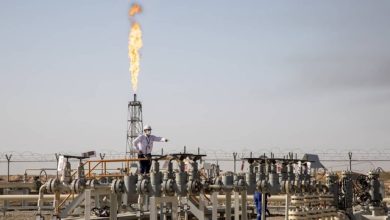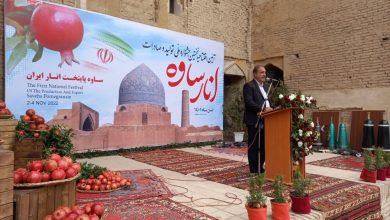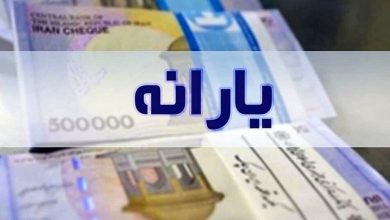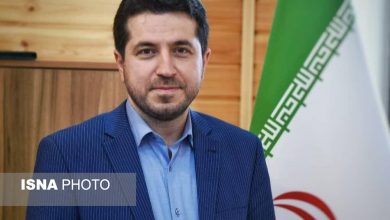
In response to the bankers’ protest letter to the Speaker of the House of Representatives over the suspension of the Central Bank’s plan, the Chairman of the Monetary and Banking Committee of the Islamic Parliament said: Private banks are among the most illegal financial banks. State institutions are an important factor in the excessive growth of liquidity and the so-called scourge of the Iranian economy. Strong private banks’ opposition to Parliament’s plan is entirely expected and understandable.
According to the informants, yesterday some former central bank chiefs and a group of experts in the banking field wrote a letter to the head of the Islamic Council asking him to stop reviewing the central bank’s plan. crowd.
In response to this letter, Muhammad Hossein Hosseinzadeh, member of the Economic Committee and Chairman of the Finance and Banking Committee of the Islamic Council, gave an explanation in a letter to Muhammad Bakr Khalaf, the head of the Islamic Council. You can read below:
Mr. Dr. successor
Honorable President of the Islamic Council
Greetings and congratulations;
I understand that a group of current and former directors of the country’s banking network have written to His Holiness requesting that the Central Bank’s consideration of this plan be halted in Parliament.
While we appreciate the efforts of clean and diligent employees and managers of the banking network, it brings to your attention the following points:
1- Many of the signatories to this letter are founders and managers of private banks. In my opinion, as I said to the honorable president and esteemed representatives in the thirteenth government vote of confidence, private banks are (mostly) the most illegal financial institutions in the country (mainly) and are the main drivers of excessive growth. Liquidity, in other words, is the bane of the Iranian economy. With God’s help, the thirteenth government, the eleventh parliament and the Central Bank decided to solve this problem wisely. Therefore, the strong opposition of private banks to the parliament’s plan is quite foreseeable and understandable.
2- The honorable signatories are the names of the people who have been at the head of the banking system in the country for more than twenty years, and the rampant and illegal development of private banking in the Iranian economy could be during the expansion of some of these eminent personalities. I have seen. Presidents and because of the general policies neglect of the forty-fourth (e) of the Constitution (before that, there was a need to re-engineer and develop the duties and powers of the Central Bank to develop and strengthen private banking services). During their management of the Central Bank, these gentlemen were not ready – or unable – to take effective steps in reforming the country’s banking system, and now they began with the responsible support of the honorable representatives of Parliament, the Government and the Central Center. bank. He tried to reform the country’s banking system in the form of a detailed and clever plan to stop this revolutionary movement. Instead of trying to prevent the joint efforts of the government and Parliament from bearing fruit, the gentlemen are expected to apologize to the great Iranian nation for their failure to reform the country’s banking system during their tenure.
3- In the book of the Director of the Banking Network, items related to the project were mentioned and criticized – the formation of the Judicial Council in the Central Bank, the new structure of the Central Bank, etc. .
Although these criticisms have been answered in various ways by designers and other respected Members of Parliament, I suggest that you adopt a system to clarify the transformative aspects of Parliament’s plan and to make public opinion aware of the origin of the anarchy. The role of managers of the country’s banking system and the banking network, especially private banks, in this turmoil, one of the signatories to the letter (preferably one of the former central bank governors who signed this letter) should participate in a live television interview. With the Chairman of the Economic Committee or the Chairman of the Monetary and Banking Committee of the Islamic Council. Undoubtedly, this dialogue will be enlightening and useful for our loved ones who suffer from the anomaly of the banking system in the country, and will clarify the correctness of the course of the government, Parliament and the Central Bank. “
end of message /

